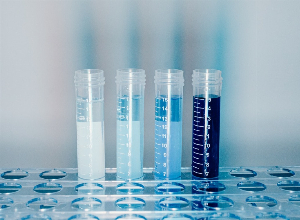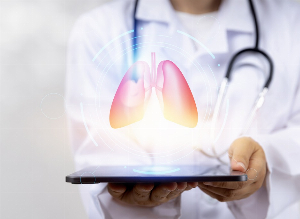U.S. Researchers to Study a Lung Cancer Vaccine Developed in Cuba
Published 1 Mar 2016

On March 21, 2016, Barack Obama will become the first U.S president to visit the island nation of Cuba since Calvin Coolidge did so in 1928. The trip not only serves to signify an official thawing in U.S.-Cuba relations, but will also trigger a meaningful exchange of information for the first time in the 55 years since the United States placed a commercial, economic, and financial embargo on Cuba. One important Cuban medical advancement that U.S. doctors are excited to study is CimaVax, a lung cancer vaccine.
Last April, New York Governor Andrew Cuomo’s visit to Cuba yielded an agreement to bring CimaVax to the United States, where it will undergo clinical trials before being made available to Americans. The vaccine has been administered to 5,000 patients internationally. Research shows that, on average, patients with advanced lung cancers who received the treatment lived two to four months longer than those who weren’t treated with the drug. In rare cases, patients lived an extra 10 months.
The vaccine works by starving the cancer of factors that help it grow and spread. For patients in remission, the vaccine prevents future relapses. “We’re still at the very early stages of assessing the promise of this vaccine, but the evidence so far from clinical trials in Cuba and Europe has been striking,” Dr. Kelvin Lee, of the Tumor Immunology and Immunotherapy Program at Roswell Park Cancer Institute in Buffalo, NY, told The Huffington Post.
GOOD
Comments
You will also like
Read the article

 Facebook
Facebook Twitter
Twitter


